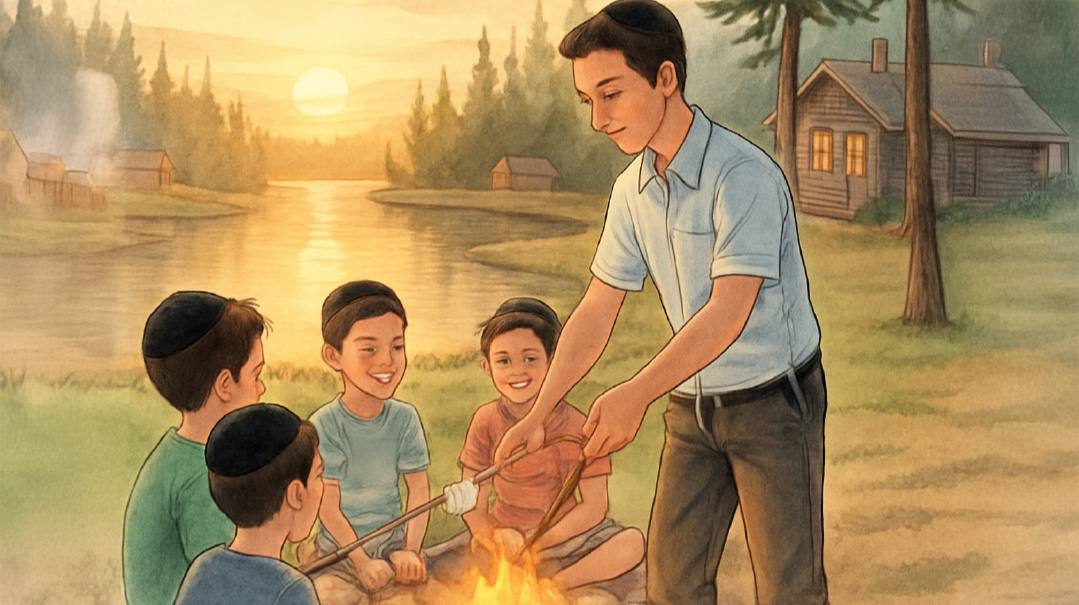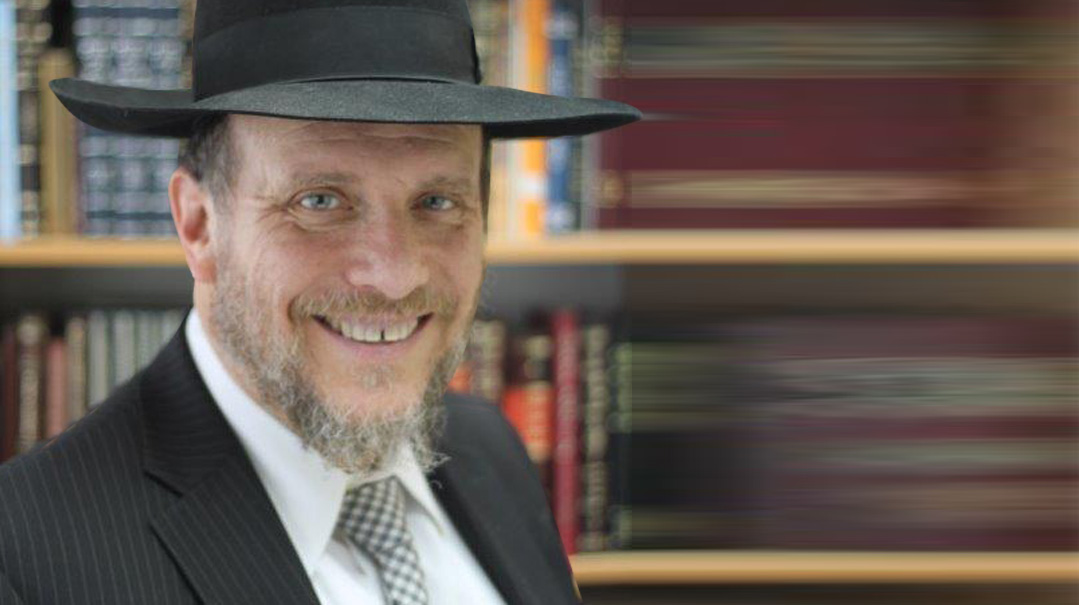Pain is Only Part of the Picture

But this is wishful thinking. Because a certain percentage of teens — despite all the intervention in the world — simply opt out of frum life for something cooler.
Rachel Ginsberg’s piece on the heartrending questions raised by a child’s departure from frum life (Still Our Children) was an inspiring and thought-provoking read. But the story told about the off-the-derech phenomenon felt incomplete.
The core idea was that trauma or hurt — not rebellion — is the root of most young people’s struggles with Yiddishkeit today. Parents are told that “someone or something broke your child. No one gets a tattoo just to spite their parents, but because they’re so wrapped up in their pain it’s not even their consideration.”
But the anecdotal evidence suggests that while the above is true in many if not most cases, it is only a partial explanation. There is a significant percentage of teens and adults who have never been abused or bullied but still leave frum life, and it’s clear that there is often something else at work.
That little something is what we call bechirah. Think of the choice that the 21st century presents a frum teen: You can spend years learning much of the day, looking different from most of society and living with restrictions in a world where all boundaries are down. Or, for a certain social cost, you can actually join that fun, look like most people your age, and indulge urges with abandon.
The task of chinuch is to convey to our teens that things aren’t as they seem: Our Torah-observant lifestyle is where the long-term, far-deeper, and more meaningful enjoyment is actually to be had. On the other side, the allure of a secular life is deceptive: It provides temporary pleasure but leads to the pain and regret of broken relationships and often aimless existence.
What happens, though, when a frum boy or girl decides that they actually prefer the second option?
The default seems to be to search for where and by whom they were hurt. That instinct is entirely understandable: The thinking goes that if we could only spot the abuse, bullying, or learning disability early enough, we wouldn’t have the incredible pain of children who abandon Shabbos and tzniyus. With enough chinuch investment, in other words, we could eradicate the dropout phenomenon.
But this is wishful thinking. Because a certain percentage of teens — despite all the intervention in the world — simply opt out of frum life for something cooler.
How else to explain the high attrition rates in those segments of frum society where there is greater exposure to the secular world, or less passionate observance of Yiddishkeit? Are all these people also hurting or abused? More likely, at a certain age, the pull of a world with lots of options leads to very tough choices that don’t always go our way.
It’s not a dynamic that should surprise us. The frum world supports large numbers of organizations predicated on giving teens and adults the possibility of changing their current lifestyle. We call them kiruv organizations. If we expect that people can make a rational assessment to live a more meaningful life — if we respect the idea that choice exists — then we shouldn’t be surprised that our own youngsters also make choices. Unfortunately, sometimes that means they opt for a lifestyle that seems attractive in a more short-term way.
None of this is to say that hurt and abuse aren’t real. But if we continue to see the tragic phenomenon of those who leave the Torah world as a function purely of pain and not of free choice, we miss a crucial opportunity. Because more clear-eyed thinking about the different triggers for those choices opens different possibilities.
If we acknowledged that teens leaving the fold is not exclusively or universally about abuse and pain, but also a product of free choice, we might be able to create more compelling ways to convey to wavering teens just how much meaning we have in our lives, and what immediate pleasure is possible within their frum framework. It’s then possible that some would not head for the exit.
Accepting that dropping out can also be about opting out might give us other tools to deal with it. Early identification of a struggling teen could enable parents or teachers to acknowledge that the teen is uninterested in the strictness of their current standards of Torah life, and to steer them instead to a more realistic, less stringent, albeit still halachic model of observance. Both these possibilities depend on a paradigm shift in understanding why teens leave Torah behind: It’s not all about abuse and pain, but also about exploring more attractive options.
None of this detracts from the avodas hakodesh that characterizes so many who are dealing with this terrible problem. Whatever the percentage of children who are truly hurt, unconditional love surely goes a long way toward healing their wounds. But if a teen is simply choosing a more attractive way of life, unconditional love won’t affect that calculation.
And that’s why the off-the-derech debate needs to be broadened, because failing to see that there is another road out of frum life closes off the possibility of doing anything about it.
(Originally featured in Mishpacha, Issue 872)
Oops! We could not locate your form.












